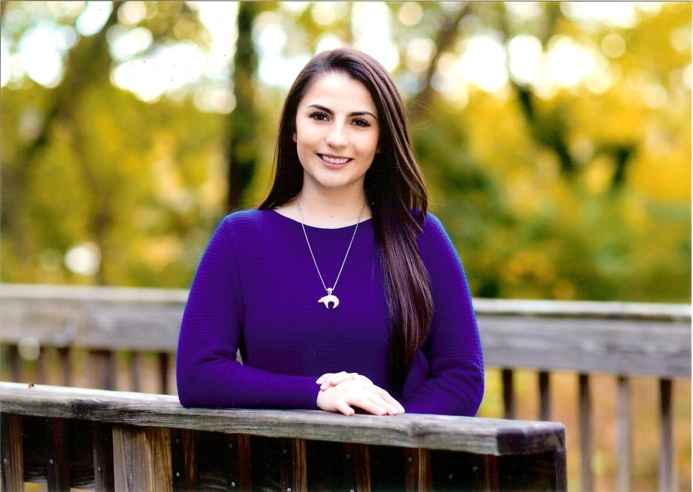Hi Sofia! Where are you from?
The short answer is that I am from Colombia. I was born in Bogota and lived there for several years when I was younger. However, my parents pursued various opportunities as wildlife biologists, so I also lived in Quito, California, Minnesota, Virginia, and now Washington, D.C. Looking back at it, I definitely think that moving so much and living in different cultures made me more interested in international law. I want to continue building on these experiences.
Please tell us about your previous work experience:
After graduating with my bachelor’s degree, I worked as an International Arbitration legal assistant at Arnold & Porter’s D.C. office. There, I supported the attorney teams on several investor-state ICSID and PCA arbitrations and commercial arbitration cases in JAMS and AAA. When I was an undergraduate, I supported Virginia Tech’s distance learning team by working with communications technology in my role as a student technician.
Are you currently employed?
I am not currently employed because I decided to study full time.
What sparked your interest in studying at WCL?
After working in the D.C. legal community for the last 2.5 years, I knew I wanted to stay in D.C. while I pursued my J.D. I wanted a school that would have the support systems and opportunities that would enable me to remain connected to the experience that I developed as a paralegal, while allowing me to explore new aspects of legal practice outside of international arbitration.
WCL’s highly ranked international law program is complemented by several unique clinics and oral advocacy opportunities. Working at a firm taught me the value of learning through first-hand experience, so these programs stood out to me as opportunities to remain active in my learning. I was excited by the different directions that students can take through this program. The faculty create a place where students can be open to new areas of research or practice.
I also had the opportunity to meet a few WCL alumni during my application cycle, and they all had very positive experiences with the program and their legal practice after graduation. The combination of these characteristics made WCL a great choice for me.
What do you find most interesting or surprising about international arbitration?
International arbitration stands out to me because it brings together legal professionals from contrasting legal educations and practice backgrounds. These differences really stood out to me during two interesting phases of arbitration cases, document production and hearings.
Generally, arbitrations are run in the spirit of cooperation and with a sense of collegiality. The parties and the tribunal discuss and establish the procedures for most aspects of each case. It often became evident that the practice backgrounds of the advocates influenced their strategy during the stages of document production and their approaches to the hearings. Attorneys that came from U.S. litigation sometimes treated the arbitration process more aggressively than attorneys that specialized in arbitration. They bring in different expectations for how the procedure ought to be conducted and the actions that they can take.
What career goals do you have, and how does a J.D. degree fit into these goals?
When I think of international law, I generally think about policy and business. Successful cooperation in either of these areas inevitably involves dealing with international law, and, while having a J.D. is a general requirement for that practice, I also think it will give me the skills to think through issues that may not have extensive precedent.
Are you involved, or planning to get involved, with any extracurricular activities at AUWCL or beyond?
As a 1L, I am not involved in anything right now, but I plan on getting involved with an affinity group like LaLSA, joining a journal, and participating in the Spanish moot arbitration team.
What do you like to do for fun? What are your favorite places (or activities) in Washington, D.C.?
I generally love to travel every chance I get and to get to know each location beyond the standard tourism activities. But, on a daily/weekly basis I have been enjoying finding new coffee shops where I can study and maybe see a new part of the city. The atrium café in the Portrait Gallery is one of my favorite study spots. My friend recently showed me the sunset from the steps at the Lincoln Monument and that is now one of my favorite sunset views.
Do you have any advice for the new students that are joining us this term?
After working on cases at a firm, the best advice I can think to give is to be prepared, resourceful, kind, and intentional with your choices. The best attorneys that I have seen have had a plan and been very well-prepared but were able to pivot and remain flexible as the case changed. Even though people often think about law and litigation as adversarial, one of my favorite aspects was the way in which the team comes together to win. If you don’t know what you can do, a good place to start is by thinking about how to be there for the people you are working with.
